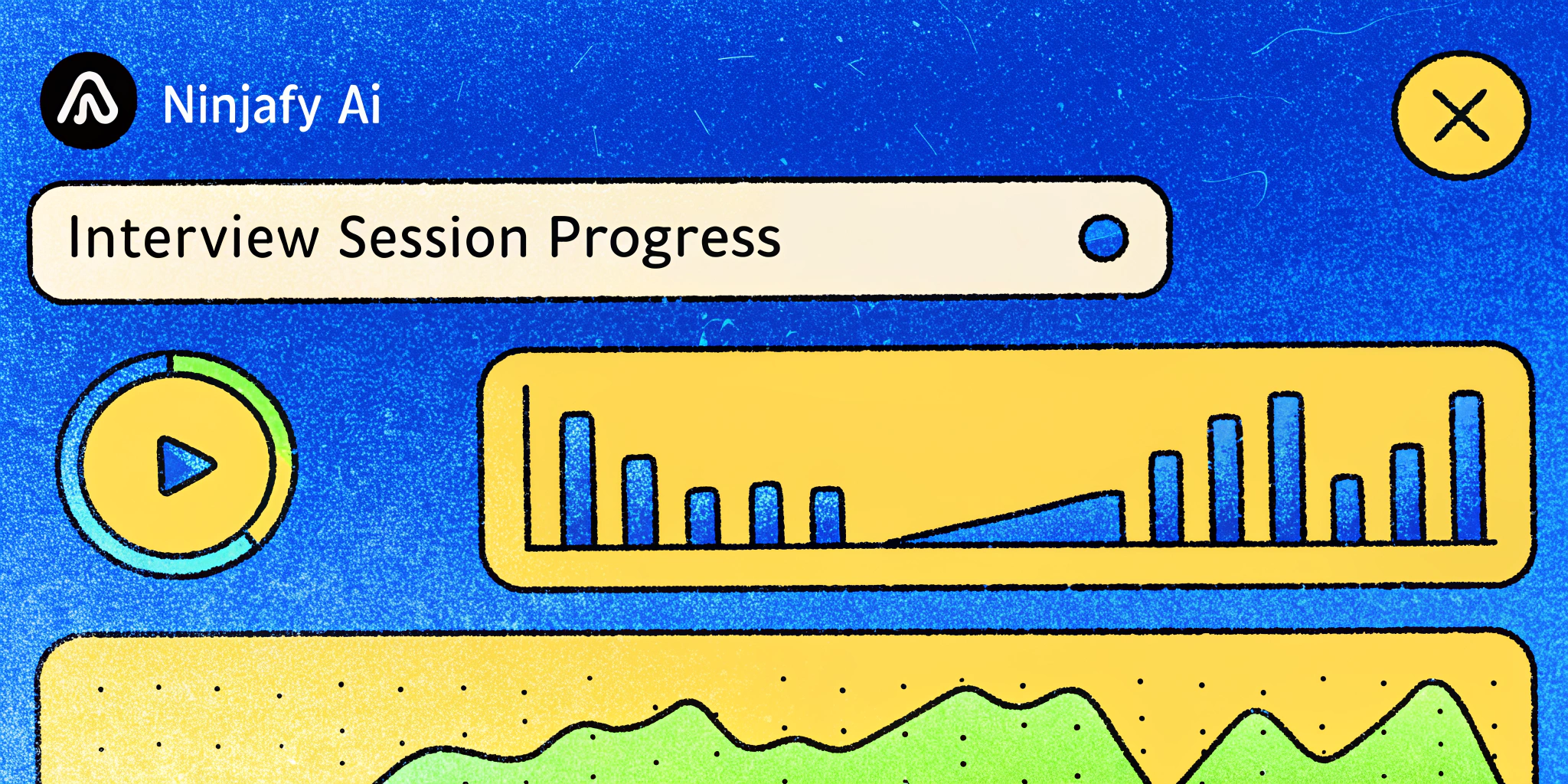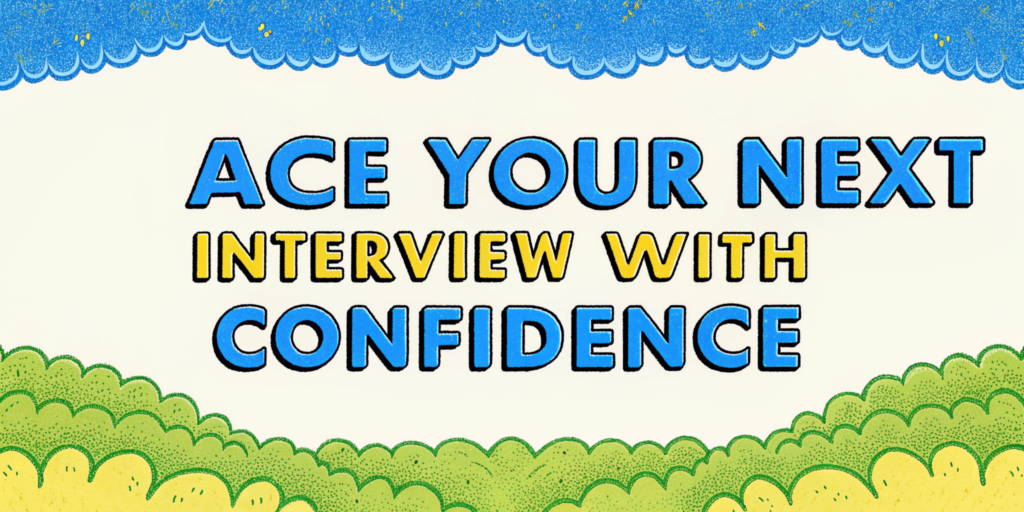Hello, job seekers! I’m Richard, and today, I’m here to share game-changing insights on how to ace your pre-recorded video interviews, especially if you’re preparing for platforms like Kira Talent, commonly used by universities like UCL, Imperial, and Oxford, as well as top-tier companies in finance, consulting, and law.
In this blog post, I’ll walk you through key preparation strategies, pitfalls to avoid, and actionable advice tailored for the new age of virtual interviewing. With success rates of 93% for students and professionals who’ve followed these tips, you’ll be in the best position to smash your interview and secure that coveted spot. 🚀
What’s in it for You?
✔️ A breakdown of modern pre-recorded interviews
✔️ Essential preparation techniques (lighting, background, and timing)
✔️ Insights into common question types (like STAR technique questions)
✔️ Bonus tips backed by real-world examples
Let’s get going! 😁
What Are Pre-Recorded Video Interviews?
Pre-recorded interviews are modern-day challenges where you’re asked questions on-screen, given a short window of time (usually 30 seconds to 1.5 minutes) to prepare your answer, and expected to record your response. AI often reviews these videos, grading you for positivity, tone, and content relevance before a human evaluator steps in.
This format is increasingly popular among universities and top employers due to its efficiency. For candidates, this means preparation is non-negotiable—you can’t rely on small talk or nonverbal cues to save a less-than-stellar answer!
The Top 5 Interview Prep Tips You Need to Know
1. Smile for the Camera
First impressions matter, even in a virtual setting. Pre-recorded interviews often use AI to gauge your demeanor. A friendly, confident smile can work wonders for ensuring both the AI (and human evaluators later) perceive you as positive and approachable.
💡 Pro Tip: Consistency is key. Don’t overdo it, but flashing a warm, natural smile as you talk can go a long way.
2. Keep Going (Even When You Stumble)
Feeling flustered mid-answer is natural—but stopping entirely can be a red flag. Perseverance demonstrates adaptability and resilience, two qualities employers value.
💬 Example: If you’re asked, “Describe a time you showed leadership,” but can’t recall your go-to example, pivot smoothly with:
“Well, while I can think of several examples, one that stands out recently is…”
This keeps the momentum, builds confidence, and showcases improvisation skills.
3. Stay Positive
Never fall into the negativity trap, particularly in response to common bait questions like:
- “Why should we choose you over another candidate?”
Focus on your strengths, not other people’s weaknesses. Example:
“Here’s why I’m excited to join this program…” instead of criticizing hypothetical competitors.
4. Background, Lighting & Wi-Fi Essentials
Your setting says a lot about your professionalism. Kick out anyone hogging bandwidth, clear your shelves of anything distracting or inappropriate, and light up your workspace like a mini studio.
| 📖 Checklist for a Professional Setup: | 🎥 Setup Item | ✅ Best Practice |
|---|---|---|
| Lighting | Use a ring light or desk lamps for flattering, even illumination. | |
| Background | Plain wall or tidy bookcase—keep it distraction-free! | |
| Soundproofing | Use a quiet space; warn others to mute distractions (doorbells, music, pets). | |
| Wi-Fi Connection | Stable and fast internet—no lag or buffering during your recording! |
5. Practice with Mock Interviews
Preparation is the difference between winging it and acing it. I personally recommend mock interviews under strict timed conditions. Record yourself frequently, and watch for clarity, energy, and delivery.
🎯 One More Stepping Stone: To take your preparation further, try simulated practices with Ninjafy AI. It acts as your personal interview coach, analyzing real-time answers and providing customized feedback on everything from tone to content. You can find them here—it’s the ultimate prep tool for mastering virtual interviews!
Mastering the Four Question Types
1. Motivation Questions
These often include:
- “Why should we hire/admit you?”
- “What drives you?”
Use these to align your values with the organization/university’s goals.
2. Core Competency/Behavioral Questions
Behavioral questions target past experiences. Use the STAR technique to answer:
- Situation
- Task
- Action
- Result
Example: “Tell us about a time you demonstrated teamwork.”
Answer starting with the Situation, move through what you needed to do (Task), outline the Actions you took, and wrap up with measurable or meaningful outcomes (Result).
3. Semi-Technical Questions
These may include:
- “How would you apply X skill to handle [$budget] or solve [specific issue]?”
- “What does [buzzword, e.g., blockchain] mean in simple terms?”
Know basic jargon or frameworks in your field—this demonstrates preparedness and critical thinking.
4. Random Curveball Questions
These test creativity and personality:
- “Which three items would you bring to a desert island?”
Stay authentic while subtly tying humor or insights back to your character strengths.
The STAR Technique: Structuring Your Behavioral Interview Answers
| Here’s an in-depth example to ensure structured, impactful answers: | STAR Step | Example for “Describe a conflict you resolved in a team.” |
|---|---|---|
| Situation | “Our company had a crucial pitch due in 48 hours but miscommunication arose…” | |
| Task | “I was tasked to mediate conflict between teams A & B while ensuring deadlines.” | |
| Action | “I organized a quick alignment meeting, delegated tasks, and streamlined comms.” | |
| Result | “The refined pitch won funding—directors called it a ‘game-changer.’” |
Bonus Tips for Pre-Recorded Interview Success
✔️ Research: Know the organization/program inside-out. What values or KPIs resonate with them?
✔️ Clear Voice: Speak slowly—online mics often distort clarity if rushed!
✔️ Relax: Confidence under pressure is a rare and prized skill; practice relaxing between questions.
How Ninjafy AI Can Save You Hours of Prep Time
If you’re serious about nailing this, I recommend giving Ninjafy AI a try. Imagine having 2+ million interview scenarios and over 441k success stories at your disposal. Here’s why I love it as a tool:
- Live Feedback: Ninjafy breaks down exactly how candidates can improve responses in real time.
- Customized Scenarios: Their “Personal Model” crafts answers tailored to your resume, career targets, and a specific job role.
- Confidence Boost: Their InvisibleEyetrack™ keeps your gaze confident and AI use undetectable during live calls.
⚡Pro Tip: Skip generic advice. Instead, get feedback that’s grounded in your career journey, making every answer shine authentically.
Final Words of Encouragement
Interview prep is like brushing up for a big stage performance. The more time you invest beforehand, the smoother the show! When in doubt, anchor your answers in confidence, adapt answers under pressure, and—most of all—practice relentlessly in advance.
Best of luck… we’re all rooting for you!




